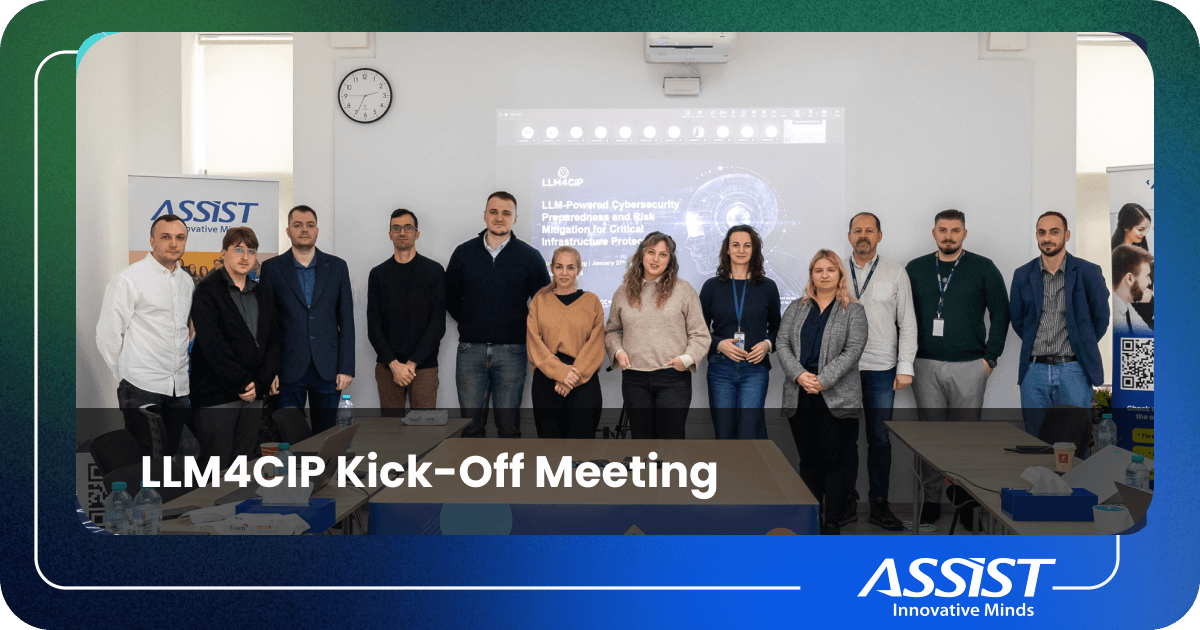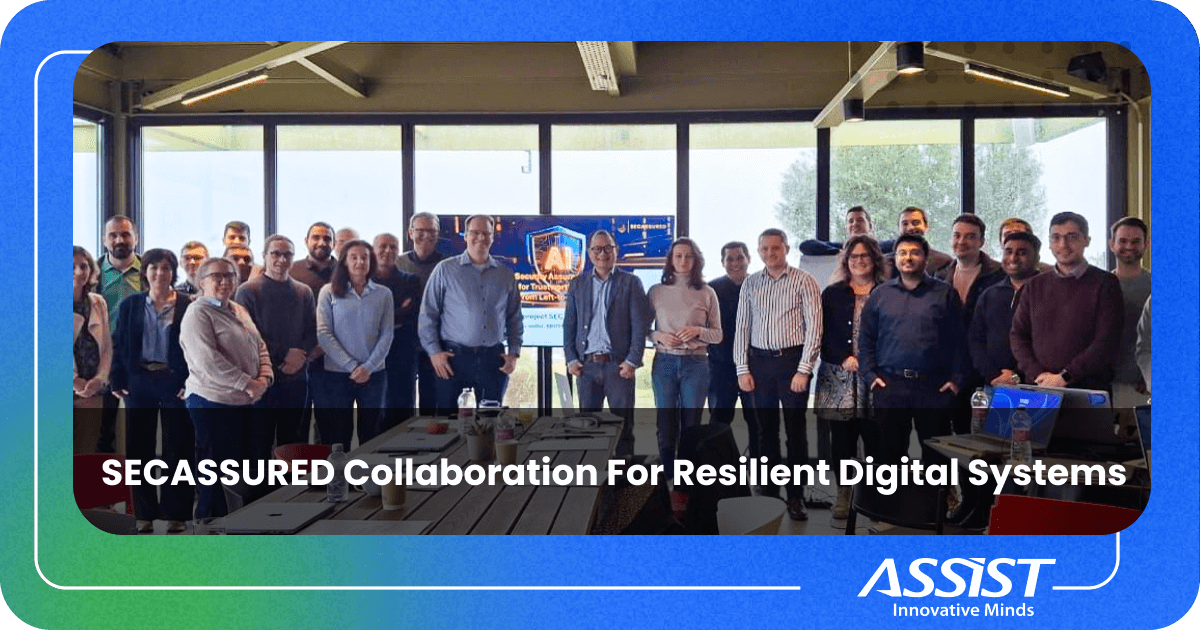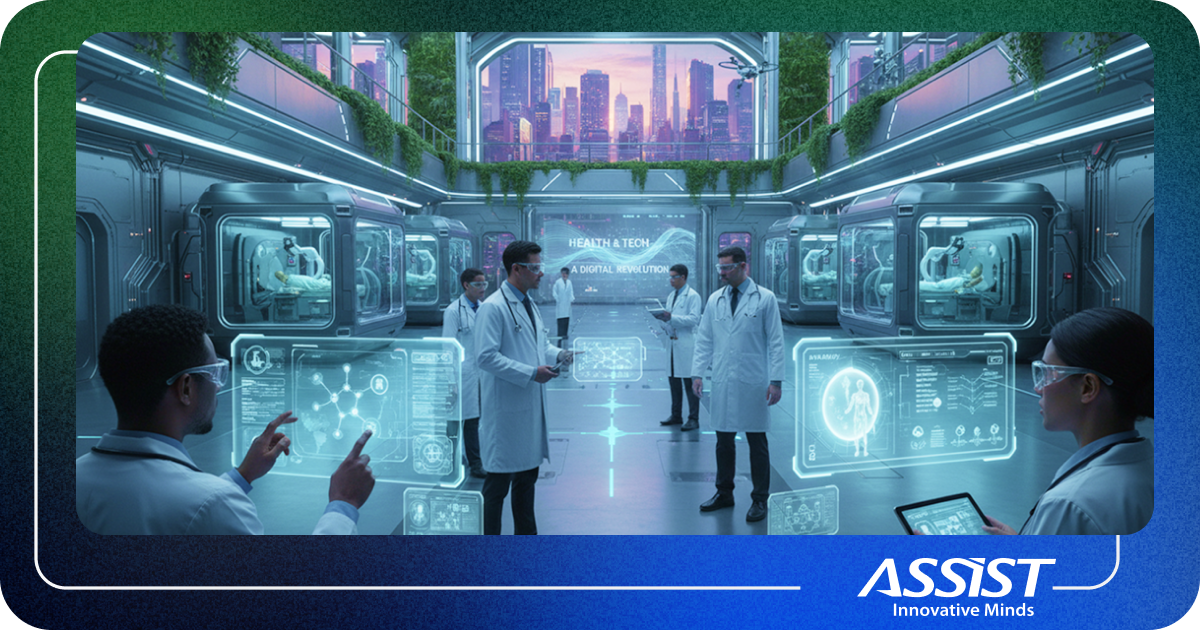2nd VALUMICS H2020 Project Workshop In Paris, France

The two days meeting of the VALUMICS Horizon 2020 Project was hosted by IDDRI in Paris, France. The first day started with an overview of the complexity of the case studies and the session gave an opportunity for discussions among the participants, followed by a review of all current work packages sustained by their leaders.
During the 5th and the 6th of October 2017, the VALUMICS team gathered for the 2nd workshop meeting in Paris, at the "Salle de réunion du Bureau d’information en France du Parlement Européen".
The VALUMICS team presented and discussed the prioritization of case studies in order to reach a consensus on the generic supply chain causality map. Additionally, several Process Mapping Modelling Techniques were discussed, as well as reaching a consensus on the definition and metrics for key concepts.
Other topics discussed:
1. Common research questions have been formulated.
2. WP4 Deliverable 4.4 will make use of the mapping of material and information flows, WP4 Deliverable 4.2 will determine the critical points for data collection.
3. WP2 and WP4 integration of EPC models/flowcharts with Causal Loop Diagrams.
The overall objective of the VALUMICS project is to provide decision-makers throughout food value chains with a comprehensive suite of approaches and tools that will enable them to evaluate the impact of strategic and operational policies to enhance the resilience, integrity, and sustainability of food value chains for European countries.
The Valumics project is co-funded by the Horizon 2020 program of the European Union and submitted under the H2020-SFS-2016-2017 Innovation Action call, under topic SFS-33-2016 with project ID 727243-2.



